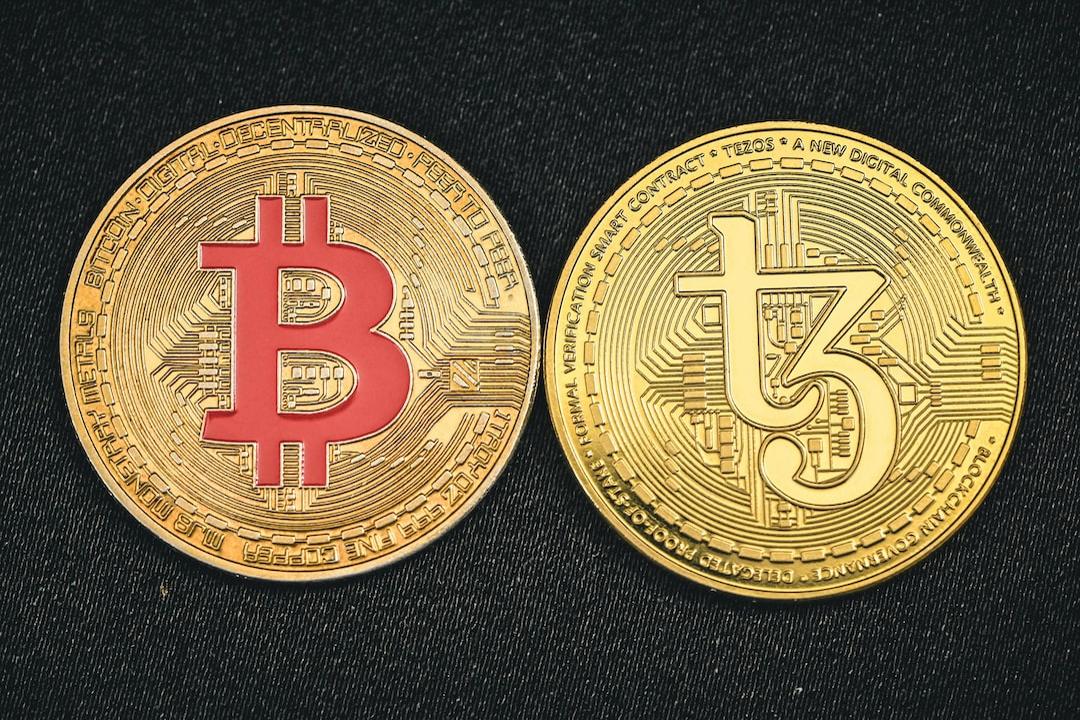The European Central Bank (ECB) has recently been generating a significant amount of informative material regarding the digital euro. These resources, including brochures and FAQs, aim to provide accessible information about the innovation. However, the bankers are becoming increasingly frustrated with the exaggerated fears and lackluster reception surrounding the digital euro.
On February 19, ECB executives, including board member Piero Cipollone, published a column addressing concerns about bank intermediation. Specifically, they addressed banks’ perceived confusion about disintermediation that could potentially arise from the introduction of a euro central bank digital currency (CBDC).
In their column on the ECB blog, the authors briefly described several measures designed for the digital euro to prevent mass transfers of money from commercial bank accounts to digital euro wallets. These design elements encourage the use of the digital euro for payments rather than investment. The authors also highlighted that banks could compete to retain deposits by offering higher interest rates.
The authors presented counterarguments to claims that the introduction of the digital euro could lead to an acute economy-wide banking crisis and pose a long-term risk of banks losing deposits as a source of refinancing.
The authors also addressed complaints about future volumes of the digital euro, emphasizing that studies sponsored by the banking system are not considering the correct variable, which is the circulation of central bank money.
Furthermore, the authors concluded that central banks are not the main threat to the banking industry. Banks should not solely focus on the perceived shortcomings of CBDC but also address the various other challenges they face in ensuring stable funding through deposits.
A more detailed and technical version of the blog post can be found on the VoxEU website.
In September, ECB president Christine Lagarde mentioned in a speech before a European Parliament committee that there were conspiracy theories surrounding the digital euro, suggesting that people feared an intrusion by “Big Brother” into their purchasing decisions.
In October, the ECB announced that it had entered the preparation phase of the digital euro project.
Cipollone’s co-authors, Ulrich Bindseil and Jürgen Schaaf, published a blog post on the ECB website in November 2022 titled “Bitcoin’s Last Stand.”
Magazine: Crypto City Guide to Prague: Bitcoin in the heart of Europe.

